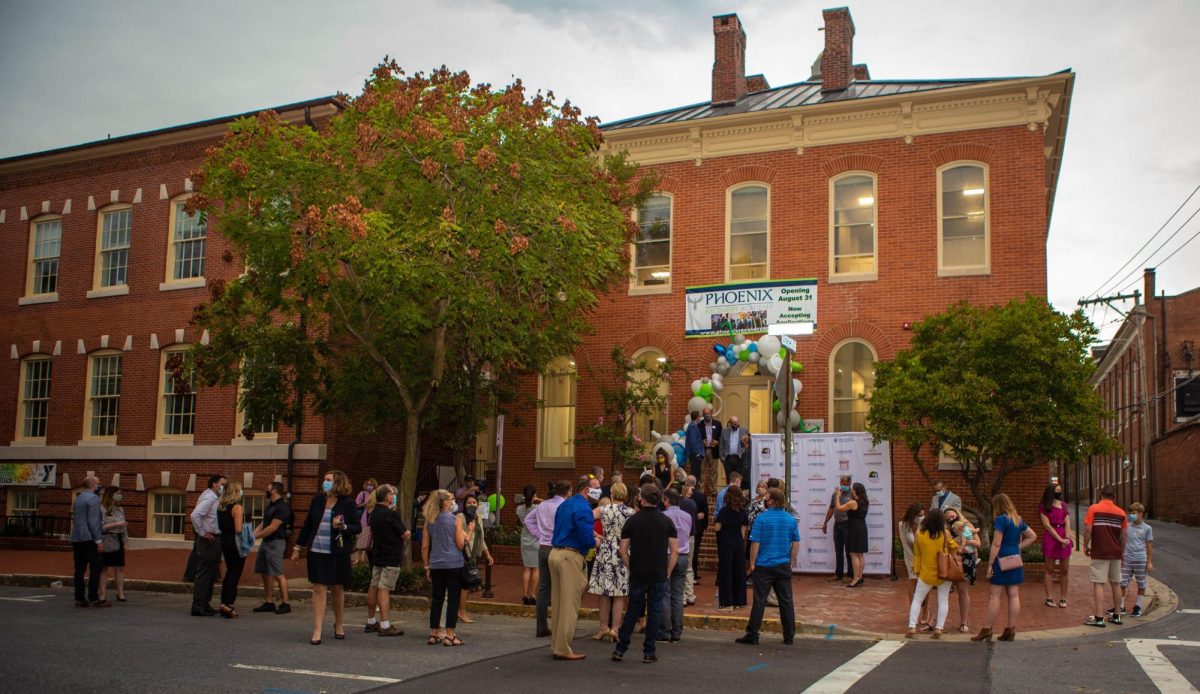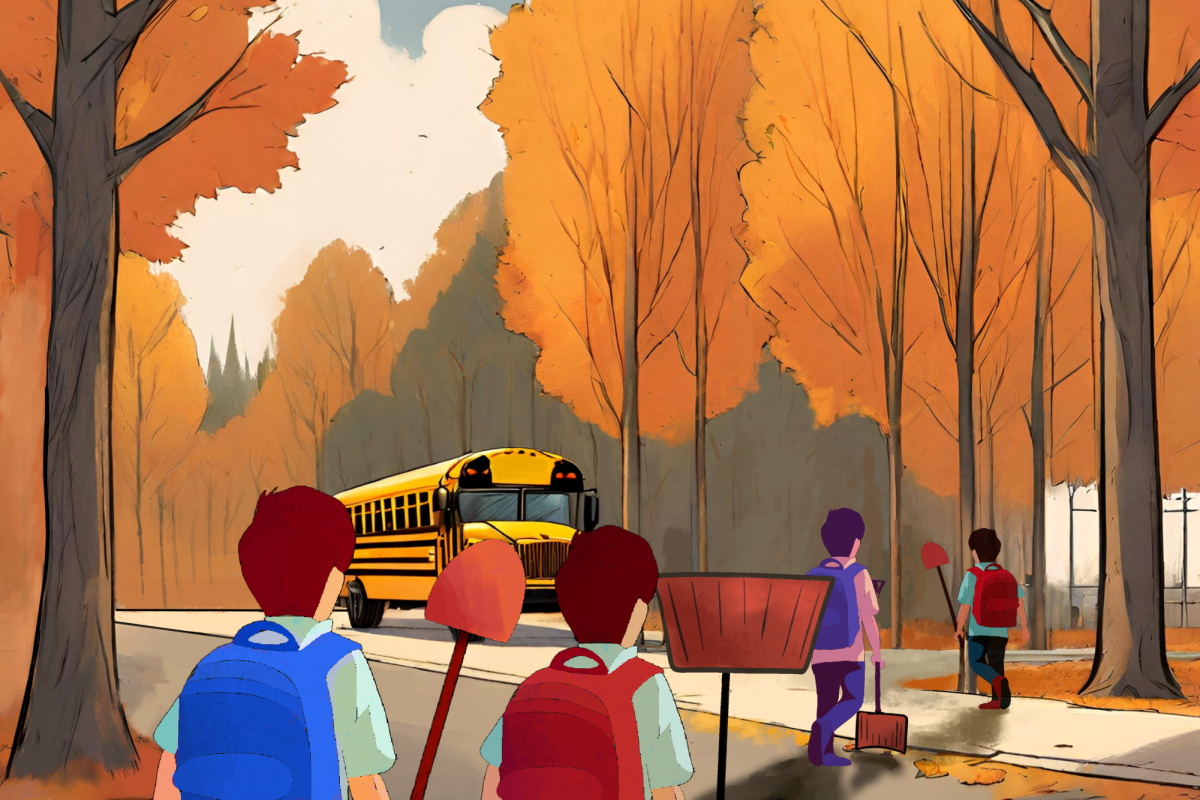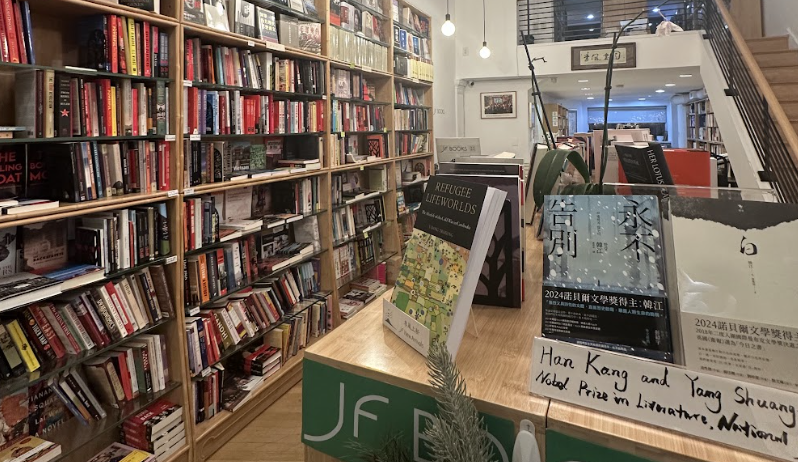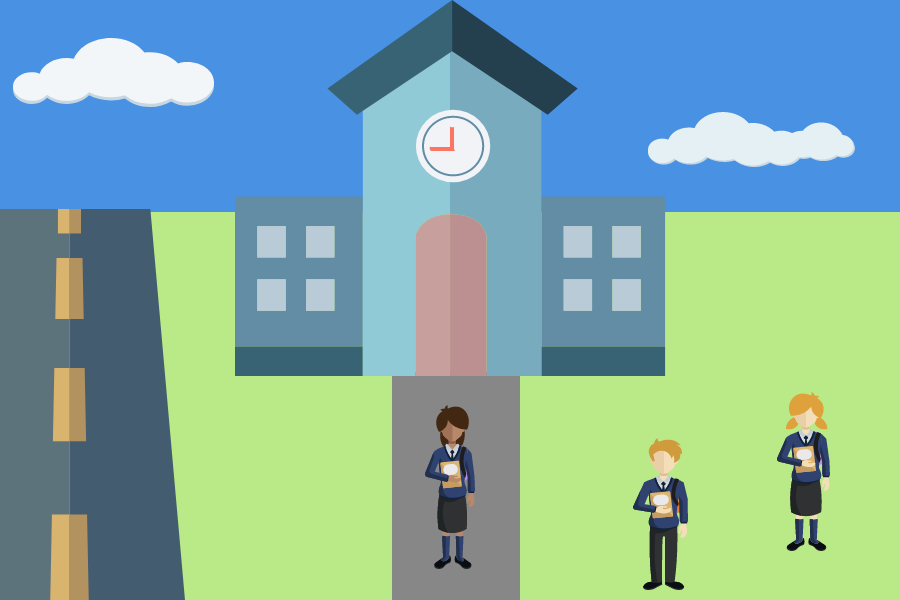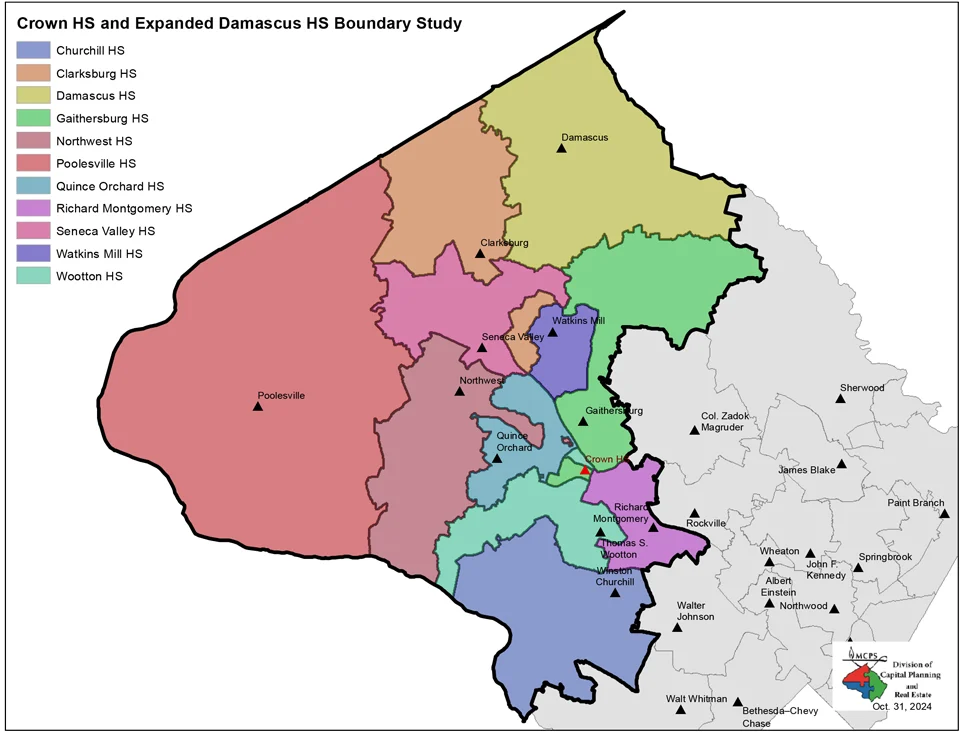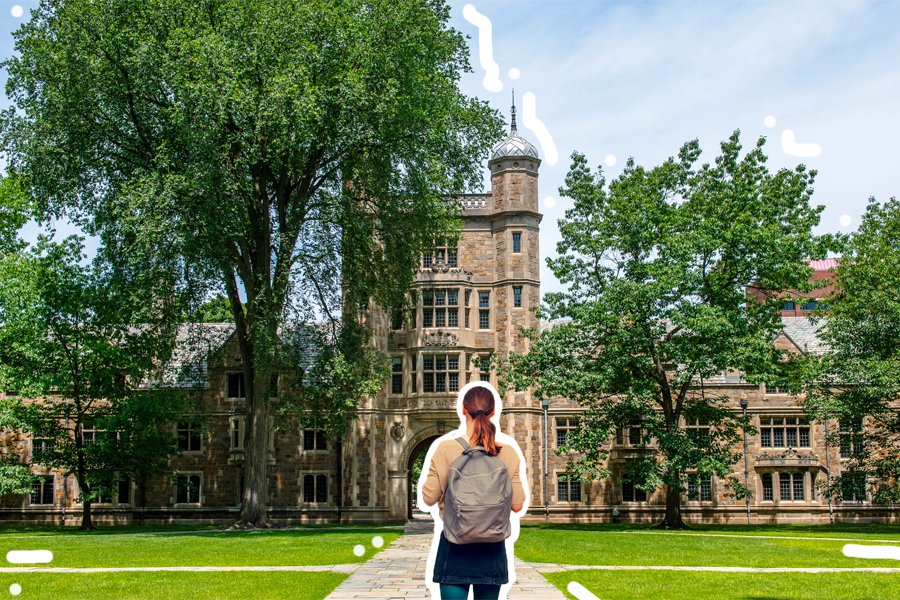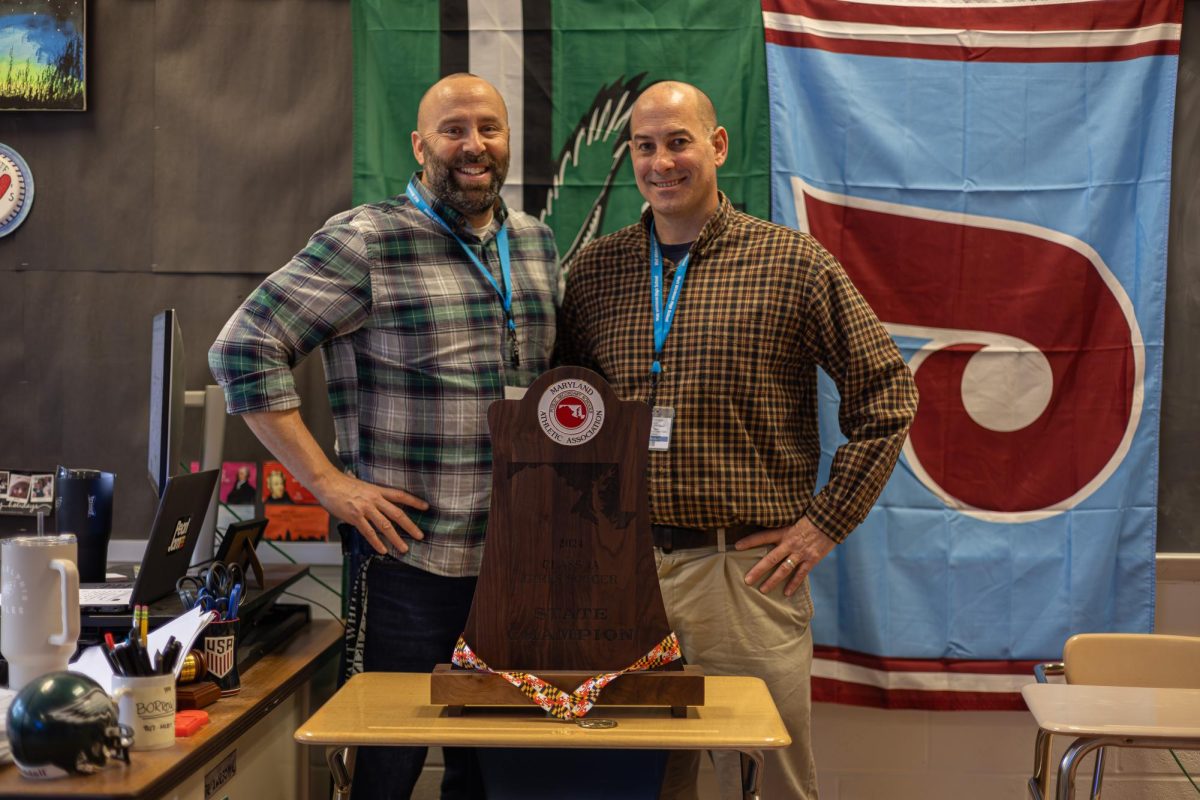The Syrian refugee crisis has taken the world by storm. For the past few weeks, news stations have had daily coverage of the atrocities unfolding overseas. But at the end of the day, as Marylanders, we can turn off our TVs and return to our place of safety and relative tranquility. Now, imagine turning off your television only to open your front door to masses of desperate refugees. There is no way to hide from the tragedy; there is no off button.
Giulia Rath is a 17-year-old student from a rural Austrian village called Purbach am Neusiedlersee, about an hour outside of Vienna. Living just outside the Hungarian border, Rath’s daily train commute to her Vienna school has made her a first-hand witness to the heartbreaking struggle of Syrian refugees trying to get to Germany.
“Bigger groups of refugees I see are only at train stations. The refugees there are very calm and exhausted, some of them look around and try to speak to Austrians but most of them are just sitting around waiting for the next train that goes to Germany,” Rath said.
She said that despite the Austrian government doing little to help the desperate refugees, train officials and locals stepped in to do as much as possible by handing out food and supplies. While no Syrian refugees were on her specific train commute, she volunteered her time at the station when passing through.
“I went to the Westbahnhof [train station] and helped giving out food or just played with the little children. I don’t think that staying away helps at all so I’m proud that so many Austrians came to help,” she said. “I gave a little kid a lollipop and she smiled like it was the best thing in the world; I nearly cried.”

When asked how she believes other nations have been handling the chaos, Rath answered frankly, saying that Hungary’s reaction in sealing the borders was irresponsible and wrong.
“I think that Austria’s reaction was good after what Hungary did. We cannot take all the refugees because Austria is just too little for this, but helping them on their way to Germany and supporting them is probably the best thing you can do at the moment. I’m really shocked that the EU doesn’t do anything to solve the problem,” she said.
Rath said that she talks about the crisis in school and with her family and friends, who mostly agree that they should be open-minded and welcoming to the rush of people. However, she said a rising right wing is sending a powerful and deadly message throughout Austria.
“There are some friends on Facebook who keep sharing pictures of the right-wing party saying that we should close the borders, but I try to block them. Unfortunately, we have a very strong right wing party in Austria which gets up to 30 percent at elections. So there are many people who think the same way as they do,” she explained.
Rath said that some of these right-wingers say that Syrians should stay where they are, and some even advocate for killing the refugees. She is worried by these movements because she feels that they sympathize with Hitler and his actions—which she said many Austrians, including herself, still feel immense guilt about.
While the refugees were finally moved from the train station last Thursday, Rath continues to follow the news and keep an open dialogue at home and with friends. She admitted that prior to having the refugee wave come to her hometown, she had a much more distant perspective of what the tragedy truly was.
“We read about it in the newspaper or saw it in the news but now that so many refugees have come to Austria it reached a new dimension for me.”




